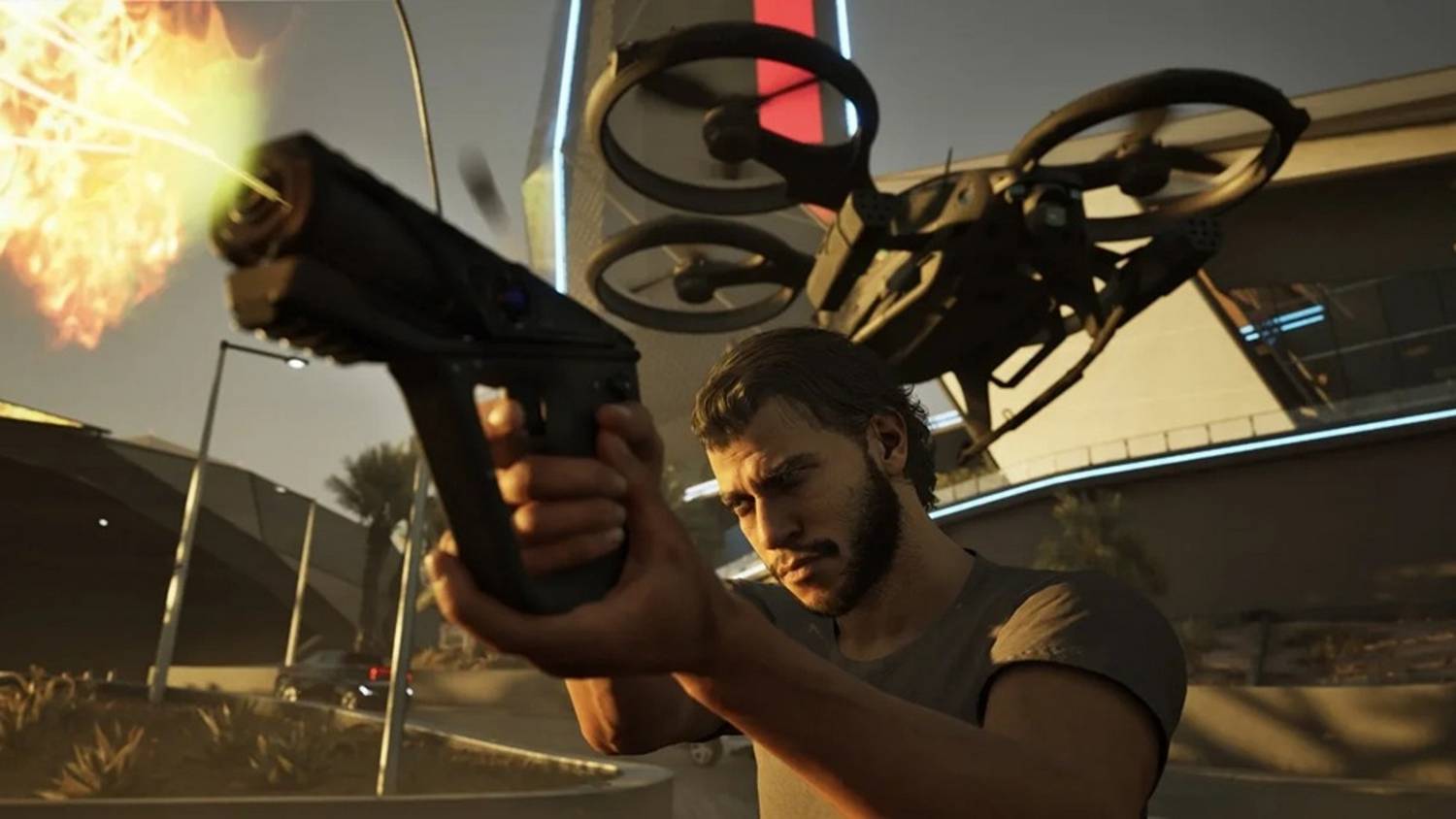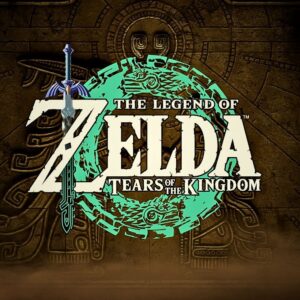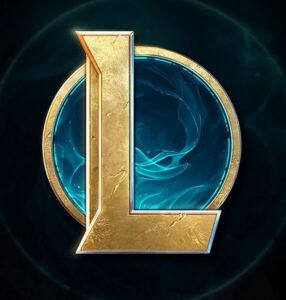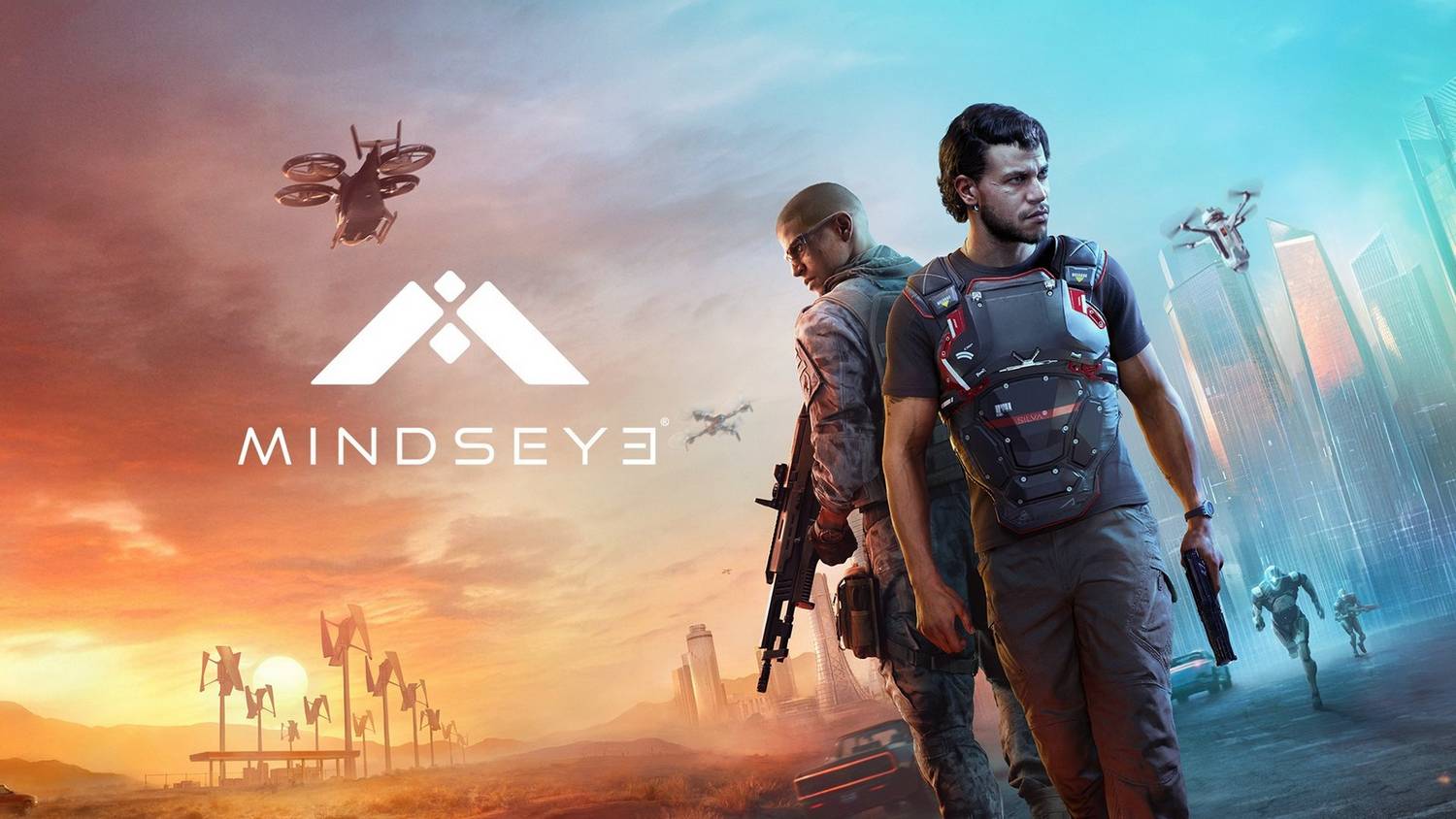A Star Falls: MindsEye Actor Alex Hernandez Reflects on Disastrous Launch and the Price of Being the Face of a Flop
Popular Now
 Schedule I
Schedule I
 The Legend of Zelda
The Legend of Zelda
 FIFA 23
FIFA 23
 Geometry Dash
Geometry Dash
 Grand Theft Auto V
Grand Theft Auto V
 Free Fire Max
Free Fire Max
 EA SPORT FC 25
EA SPORT FC 25
 Fall Guys
Fall Guys
 Stumble Guys
Stumble Guys
 Minecraft
Minecraft  In the notoriously high-stakes world of video game development, a catastrophic launch can send shockwaves through an entire studio. But what happens when you’re the actor whose face is plastered on the box, the public figure who becomes the lightning rod for all the frustration and disappointment? This is the unfortunate reality for Alex Hernandez, the actor who portrayed protagonist Jacob Diaz in the recently released and widely panned title, MindsEye.
In the notoriously high-stakes world of video game development, a catastrophic launch can send shockwaves through an entire studio. But what happens when you’re the actor whose face is plastered on the box, the public figure who becomes the lightning rod for all the frustration and disappointment? This is the unfortunate reality for Alex Hernandez, the actor who portrayed protagonist Jacob Diaz in the recently released and widely panned title, MindsEye.
Speaking in a candid interview on the FRVR Podcast, Hernandez opened up about the emotional toll of being at the center of a storm of negative feedback, admitting he feared the game’s reception might end his career in the industry. His comments have reignited conversations about the relationship between developers, actors, and the consumer, highlighting the complex and often brutal nature of a post-launch digital world.
 The Crushing Weight of Expectation and Reality
The Crushing Weight of Expectation and Reality
MindsEye, from developer Build a Rocket Boy, was one of the most highly anticipated titles of 2025. With a development team led by a former Rockstar Games veteran, the game promised a cinematic, story-driven third-person shooter with an intricate narrative. Early trailers and previews highlighted a a polished, high-octane experience. Alex Hernandez, a talented actor known for his previous role as Lincoln Clay in Mafia III, was the face of the project, his likeness and performance capture central to the game’s marketing.
However, what launched was, by most accounts, a technical and mechanical disaster. Players and critics alike quickly condemned the game for its litany of issues: pervasive bugs, a glitch-ridden open world, and poor performance that often saw frame rates plummet to single digits. Even after multiple patches, the game’s core gameplay and story were criticized for being uninspired and riddled with design flaws. As the face of the game, Hernandez found himself in an unenviable position.
In the interview, Hernandez spoke of the pride he felt for his work and the positive experiences he had with the development team. “It’s a difficult thing to spend two-and-a-half years on a project that you’re really proud of and you’re proud of your contribution to it,” he said. The sudden shift from excitement to devastation was swift and brutal. “Just the response, I was like, ‘I might never work in a game again.’ Because one of the caveats of being the face on the box is that people, rightly or wrongly, will associate all of their opinions and, more importantly their emotions, about this game with my face.”
The Player’s Perspective: A Right to an Opinion
While the vitriol directed at the actor may seem unfair, Hernandez took a surprisingly empathetic stance, acknowledging the players’ right to their frustration. He recognized that when consumers spend their hard-earned money on a product that doesn’t live up to its promise, they are entitled to an opinion, even if it’s expressed with harsh language.
“Gamers are a unique species, and I am one of them, where the attachment to the experience and the product is so strong, the feelings are so strong,” Hernandez noted. He admitted that the anonymity of the internet allows people to express things they would never say in person, but he also stressed that the core of their frustration is valid. This nuance is a rare and refreshing perspective in an industry where public relations often dictates a more defensive posture. Hernandez’s comments serve as a valuable reminder that behind the pixelated characters and virtual worlds are real people who invest their time, talent, and passion into these projects.
This isn’t the first time Hernandez has been involved with a high-profile game that struggled at launch. His role in Mafia III also saw him at the helm of a game criticized for its technical state and repetitive mission structure, despite his performance as Lincoln Clay receiving widespread praise. This second experience, however, seems to have been particularly difficult, leading him to jokingly question if he has the “opposite of the golden touch.”
A Cautionary Tale for the Modern Gaming Industry
The story of MindsEye and Alex Hernandez is a cautionary tale for the modern gaming industry. It illustrates the immense pressure that studios and publishers are under to deliver on lofty promises, and the human cost when those promises fall flat. The case highlights several critical issues:
- The Perils of Hype: The overwhelming hype surrounding MindsEye, fueled by a high-profile team and a well-known actor, set expectations that were impossible to meet, especially given the game’s unfinished state.
- The Impact of Rushed Releases: The technical issues that plagued the game from day one were a clear indication that it was released before it was ready. This “release now, patch later” mentality has become a common practice, but as MindsEye demonstrates, it can be devastating for a new intellectual property.
- The Responsibility of Public Faces: Actors, directors, and developers who become the “face” of a game must bear the brunt of public disappointment. This necessitates a conversation about how to better protect the individuals who are so publicly and intrinsically linked to a project’s success or failure.
In the wake of the MindsEye fiasco, the development team has apologized and pledged to continue fixing the game with regular updates. While this is a positive step, the damage to the game’s reputation and its financial performance may be irreversible. Alex Hernandez, for his part, has chosen to move on, using the experience as a learning opportunity. His honesty serves as a poignant and powerful reminder that while games are a product, the emotions they evoke, both good and bad, have a very real impact on the people who make them.
Nguồn











 The Crushing Weight of Expectation and Reality
The Crushing Weight of Expectation and Reality